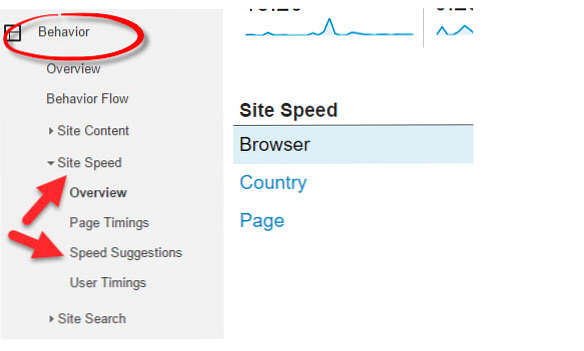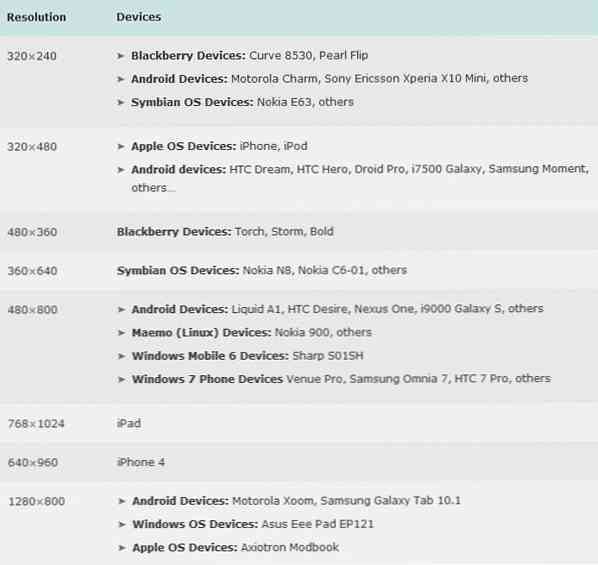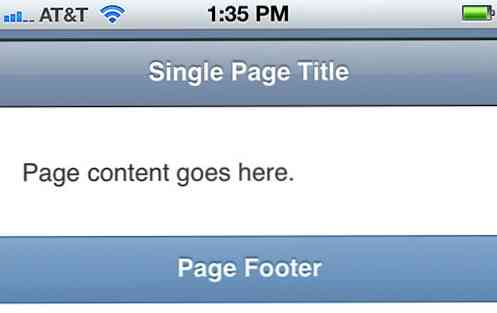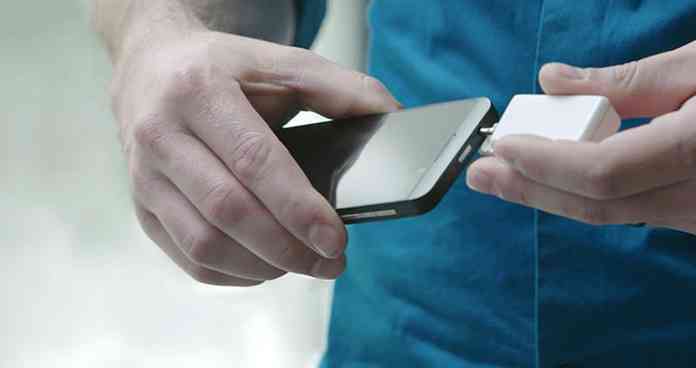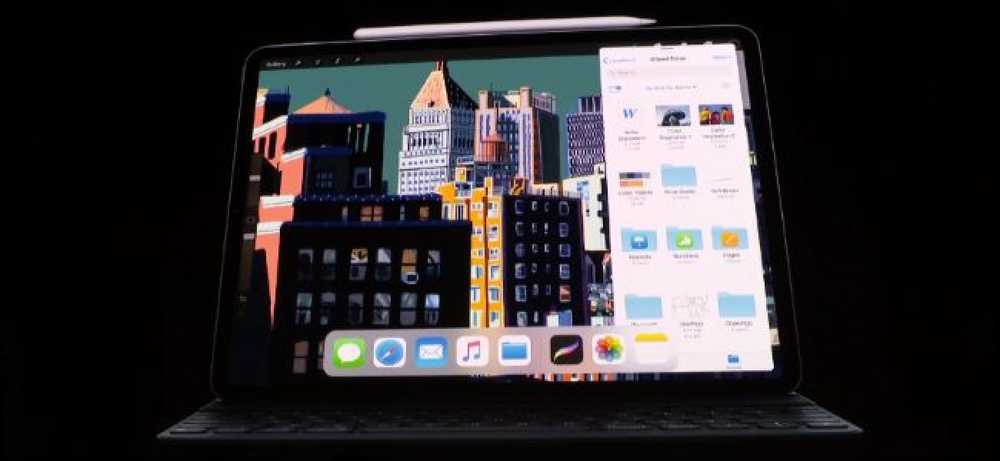Mobile Payment Systems The Era Of A Cashless Future
In this increasingly digital world, it's not surprising that money will follow suit as well. Recent trends show that digital money kept in mobile wallets will soon replace physical cash and even credit cards. Some countries are even actively trying to remove cash in circulation - just look at Sweden.
It makes sense. We can buy most products and services online these days via our laptops and mobile devices. It's easy to link this process to our bank accounts and online payment processors like PayPal.
For some people, their phones are already their wallets, especially among Millennials and Gen Z. According to a study about mobile wallet usage, the compound annual growth rate for mobile wallets is a cool 80%, between 2015 and 2020. This adoption rate makes sense; we already use our phones for a million things, so why not use them as a payment method as well?
How do mobile wallets work?
Mobile wallets also sometimes called electronic/e-wallets, virtual wallets, digital wallets and similar terms are mobile applications that enable financial transactions. They help customers like you and me to send payments for things we want to buy with just a few taps on the phone.
During payment, all we have to do is to follow the payment instructions - enter or scan a code or an address, usually - and the amount will be deducted from your mobile wallet account into the merchant's wallet account.
Currently, there are countless mobile wallet options available in the market as many smaller but revolutionary fintech companies have also jumped on this profitable bandwagon. This leads to many innovations, and each of them is competing for your patronage.
Mobile wallets have a few obvious advantages over physical cash. Digital money is safer to carry around, especially if you need to make larger payments. They also record transactions well - handy for those of you who tend to ask yourself "where did my money go?!" every month!
Examples of Mobile Wallets
With so many mobile wallet options in the market, picking one is a matter of individual preference. While some users may stick with their bank's app, many will try out other mobile wallets which offer other types of high-tech features that their banks can't match (technologically speaking).
Here are some examples of mobile wallets currently available. They are supported by most mobile devices:
E-payments services
E-payment services, usually referring to services provided by e-commerce payment systems help us make online purchases, electronically.
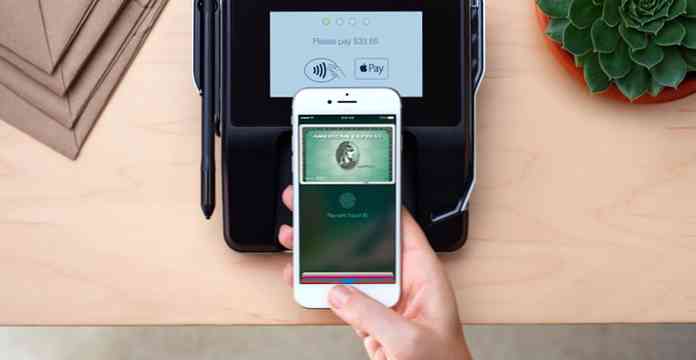
Mobile apps created by banks also fall under this category, however the most popular mobile wallets with e-payments services tend to be developed by tech giants. Google Wallet, Apple Pay, Samsung Pay, PayPal and other big names are familiar names to us and offer comfort in their solid reputation.
Loyalty and coupon-based wallets
As Millennials are known to be a thrifty generation as well, loyalty and coupon-based mobile wallets such as Gyft, Key Ring and LevelUp also make the list.
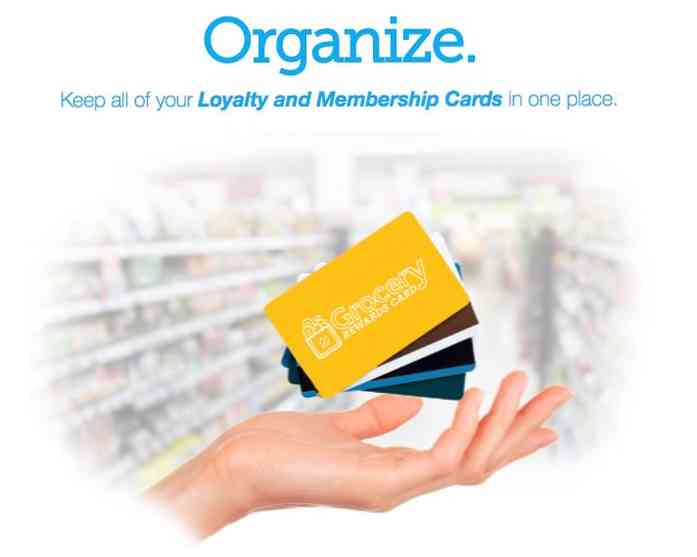
They help you to link and house all of your loyalty card accounts under one roof and still be able to use them to collect reward points or bonuses. You just don't have to carry around a dozen or so cards with you when you go shopping.
Starbucks mobile wallet is a favorite among many of its enthusiasts, and offers app-only promotions.
Peer-to-peer payment wallets
Mobile wallets such as SquareCash, Venmo and Circle are marketed as peer-to-peer payments between friends and family.
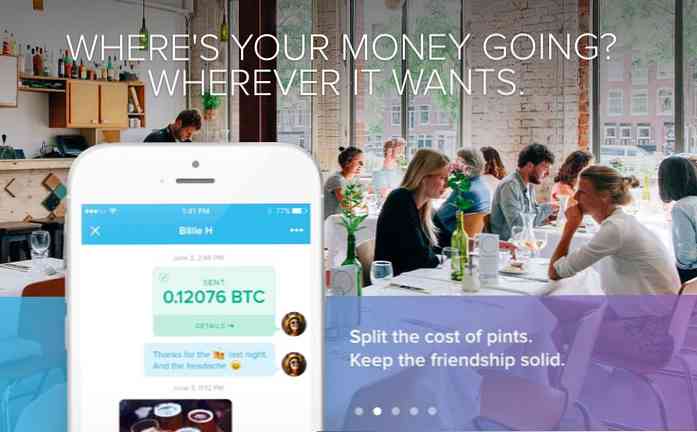
It's designed to remove the awkwardness when asking people who owe you money to pay you back. Say you and your friends go out for your weekly brunch, and you paid for the group. You can make a payment request via these apps and your friends can transfer the amount due directly to your account.
Cryptocurrency wallets
There are many bitcoin wallet options for beginner to advanced users. There are also specific wallets to keep single or multiple altcoins on your phone, but as of writing time most of these wallets are too new for us to recommend. After all, bitcoin, the most mature cryptocurrency of all have not even been around for a decade yet.
Bitcoin wallets work like regular wallets, except that instead of USD, you send the bitcoin-value equivalent at the time of payment instead. The merchant will provide a bitcoin address (alphanumeric code or QR code) that you can enter as destination address. The value of bitcoin changes often, so you might want to time your purchases.
Hybrid wallets
Wirex is an example of a fintech service which supports both digital currencies and traditional cash currencies in the same platform. It's like a combination of a banking account (which can issue Visa and Mastercard cards too like normal banks) with bitcoin wallets.
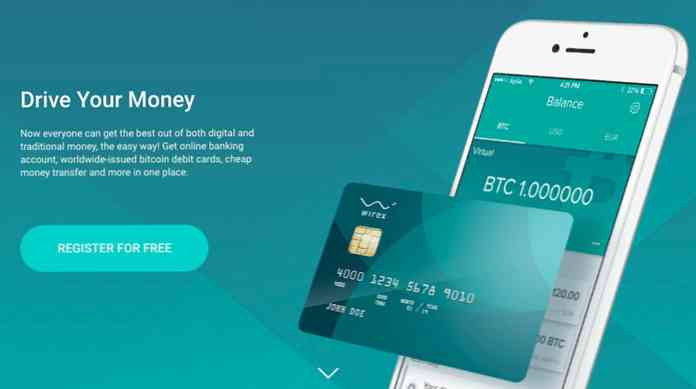
Your account can be funded with both cash and digital currencies, so it's an interesting product for people who want to use both in one platform. Having the freedom of choice to choose between paying in USD or bitcoins can be appealing to some people, as each of them have their benefits you can take advantage of.
Remittance wallets
International remittance is a big market. Wallets such as Remitly and Xoom are marketed with this in mind.
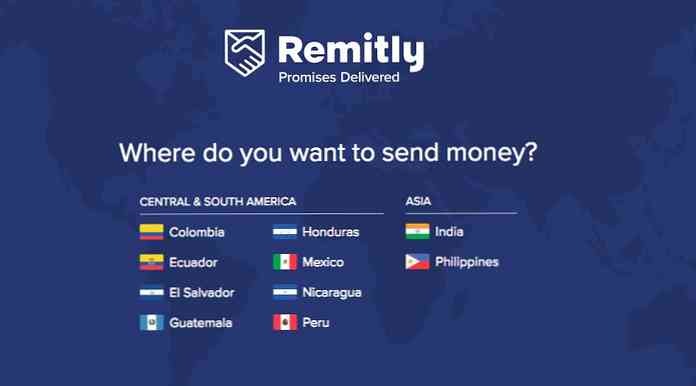
It's similar to peer-to-peer payment wallets, but with an additional focus on helping the receiver (who tend to stay in developing or third world countries, where literacy might be an issue) to collect the money.
They are helpful money-saving tools for people who send money to countries where much of the population are bankless.
Messaging app wallets
WeChat, Telegram and Facebook Messenger can all be used to receive money from friends/family and pay for products and services.
Messenging app wallets are very new - so new, they are still figuring it out how to best outplay the competition. For example, WeChat can only be used in some stores in China, and Facebook Messenger just integrated Paypal payments.
It's too soon to tell who will dominate the messaging app wallet market, if widespread adoption even comes at all.
Conclusion
To say that there are a lot of mobile wallets offered in the market is an understatement. In fact, some online media have used the term "mobile wallet war" to highlight the current fight between financial service providers as each is intent on capturing the biggest share of the market.
Only time and continued mainstreaming of mobile wallet will tell which of the above companies, or another company altogether, will be the winner in this race.
